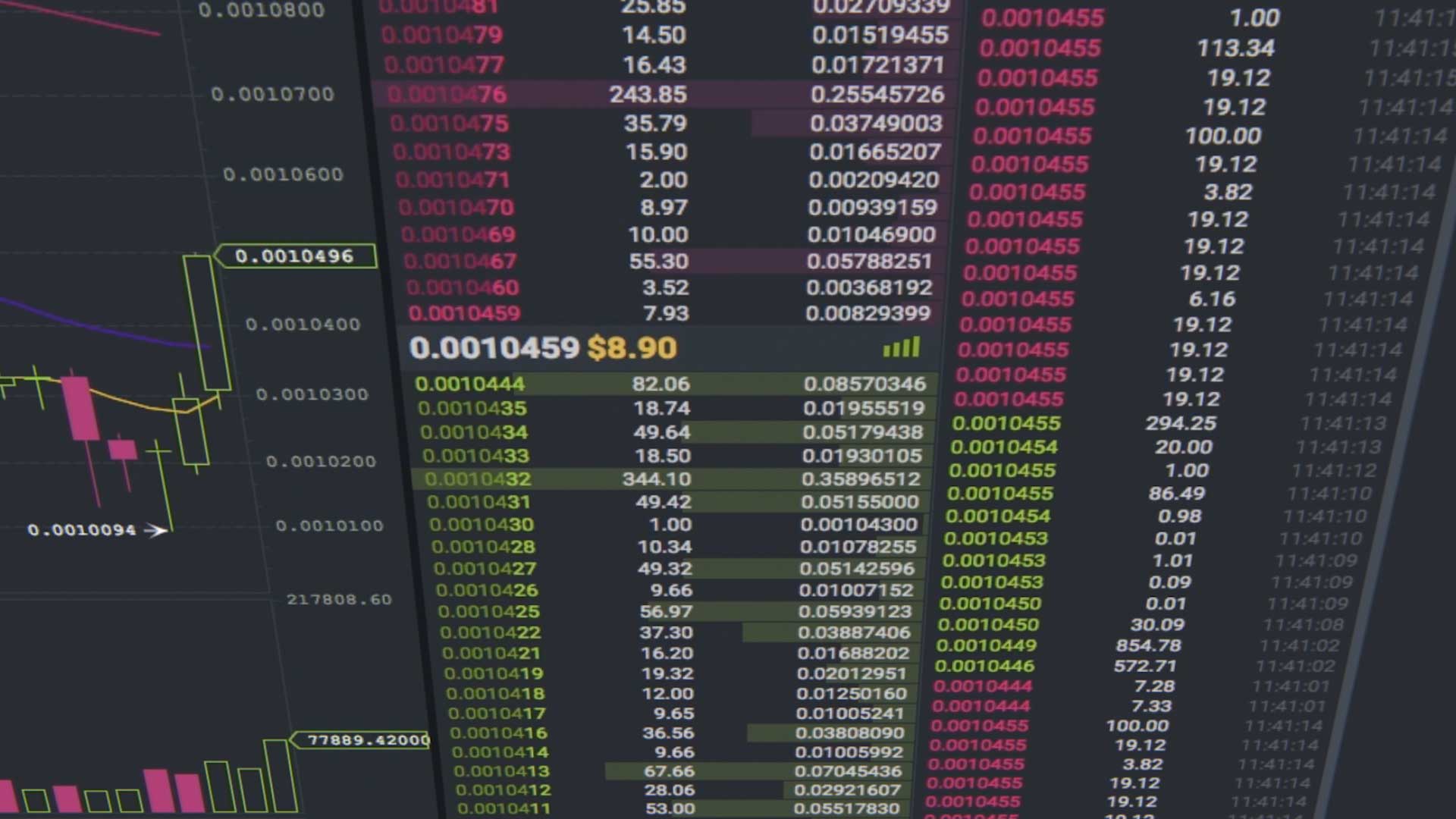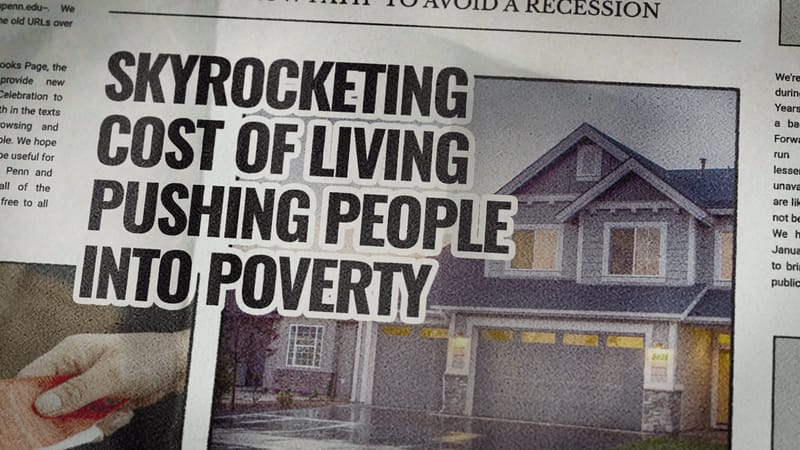
The emergence of Bitcoin, Ripple, Ethereum and other cryptocurrencies has made headlines around the world. Early adopters and investors have been adding these forms of digital currency to their digital wallets with urgency, encouraged by their rapid growth.
But as cryptocurrency prices continue to be highly volatile, we need to take a closer look at the risks, the rewards, and what the future is for the cryptocurrency market and blockchain technology. Will altcoins be relegated to the reddit cryptocurrency forums, or will it revolutionise how society thinks about money?





